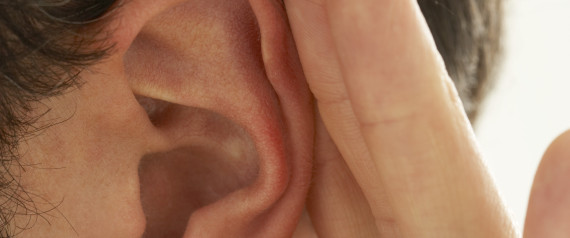
Obesity is associated with a higher risk for hearing loss, according to a new study in the American Journal of Medicine.
On the other hand, greater levels of physical activity are associated with a lower risk for hearing loss, found researchers from Brigham and Women’s Hospital.
“We often think of hearing loss as an inevitable part of the aging process, but these findings provide evidence that potentially modifiable risk factors, such as maintaining a healthy weight and staying physically active, may help in the prevention of hearing loss or delay its progression,” study researcher Sharon Curhan, M.D., Sc.M., of the Channing Division of Network Medicine at Brigham and Women’s Hospital, said in a statement.
More than 68,000 women who were part of the Nurses’ Health Study II were included in the study; their physical activity, body mass index, waist circumference and hearing loss were tracked from 1989 and 2009.
Researchers found associations between higher body mass index and waist circumference and hearing loss. Specifically, women who had a body mass index of 30 to 34 (indicative of obesity) had a 17 percent higher risk of hearing loss, compared with women who had a BMI lower than 25 (normal weight is indicated by a BMI of 18.5 to 24.9, while overweight is indicated by a BMI of 25 to 29.9). And people with a BMI of 40 or greater had a 25 percent higher risk of hearing loss.
Women with a waist circumference of 80 to 88 centimeters had an 11 percent higher risk of hearing loss compared with women with a waist circumference less than 71 centimeters. And women with a waist circumference greater than 88 centimeters had a 27 percent higher risk of hearing loss.
Meanwhile, exercise seemed to decrease risk for hearing loss. Women who were the most physically active in the study had a 17 percent lower risk of hearing loss than women who were the least physically active. And it didn’t even have to be especially strenuous activity: Researchers found that walking just two hours or more a week lowered hearing loss risk 15 percent more than walking less than an hour a week.
While the study only showed an association between hearing loss and obesity, this isn’t the first time the two have been linked. A study published earlier this year in the journal The Laryngoscope showed that obese teens have a nearly doubled risk of one-sided low-frequency hearing loss, compared to their peers of normal weight. The researchers of that study speculated that a potential reason for this association is inflammation from obesity; other potential reasons include Type 2 diabetes or heart disease from obesity, which could then lead to hearing loss.
Source: Huffington post

